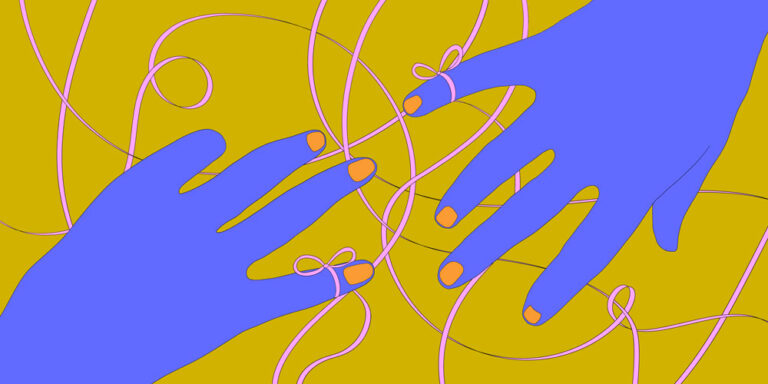
Author: Kelsey Smoot
Kelsey (they/them/he/his) is a PhD candidate in American Studies. Their work and writings explore the process of identity formation at the nexus of race, gender, and sexuality. He is a cultural and gender theorist, an essayist, an advocate, and a poet. Having grown up bicoastal and spending the majority of their adult life in a state of transience, they draw from their eclectic life experiences both deep fear and great optimism regarding what people are capable of. Kels seeks to illuminate the experiences of Black queer folks, navigating the contemporary US sociopolitical landscape. In the end, he would describe himself as ‘a part-time lover, and a full-time friend.’
§
